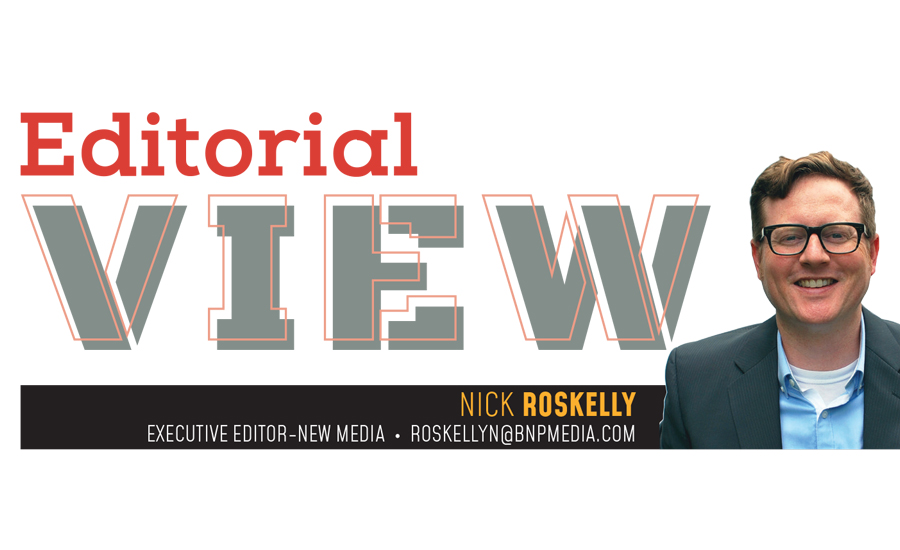This is gross, and it is true. As I sat to write this column, I looked out my window to see a Cooper's hawk land atop an electrical pole and eviscerate a songbird. From afar, I witnessed the hawk's silhouetted head repeatedly dip into dinner, and the scene made me think to myself, I'm feeling a little peckish.
No! I was horrified... at least initially. Then, I settled in to observe nature take its course. When the hawk had its fill and flew away, I felt thankful that I didn't have to fend for myself in this way. And then, related or not, I began planning dinner.
By now, we've all read about the surge in home-cooking. Spending more time at home during the pandemic has provided the context for consumers to explore the food preparation spectrum, from making soups and casseroles to researching global foods and flavors and of course making a valiant attempt at baking.
According to recent Packaged Facts research, sales of baking-related products soared by 24% in 2020 to reach to $26.5 billion. Some consumers have also looked to eat healthier during the pandemic and have turned to baking snacks and treats that are better-for-you to improve health and well-being.
Health and wellness trends that have been gaining momentum for years are now at a fever pitch. Eating to promote health, and understanding food as medicine are primary areas of interest for food product developers and marketers. Consumers have been trying foods, ingredients, and substances that help them build immunity, prevent inflammation, aid digestive health, and relieve stress and anxiety, according to NPD’s Health Aspirations and Behavioral Tracking Service.
Boosting immunity and reducing inflammation are top health concerns, as consumers look to do what they can to protect themselves against COVID-19. For building immunity, among the top growing foods and substances consumers are trying during the pandemic are elderberry and moringa. Turmeric and manuka honey are also finding their way into formulations as consumers learn more about anti-inflammation properties.
As consumers become more aware of ingredients that target specific conditions, food product developers are turning to biological science to better understand the landscape of personalized nutrition. Hologram Sciences is a recent example of a company that launched with the mission to address consumer needs with health diagnostics and personalized nutrition. The company's proprietary digital platform will provide consumers with a personalized experience including access to registered dietitians, allowing them to better understand how their lifestyle, nutrition and other factors impact overall health and what they can do to live healthier lives.
I suppose I have found myself concerned with personal nutrition, while cooking at home these days. For the past few decades, food and beverage product developers have centered their innovations around taste, price and convenience. And though these parameters remain fundamental to new product success, additional characteristics of targeted nutrition and personal discovery could become essential to mainstream consumer acceptance.
Just like the Cooper's hawk, we want to eat what tastes good and makes us strong.


Recent Comments
Flexible Packaging
eat healthy food